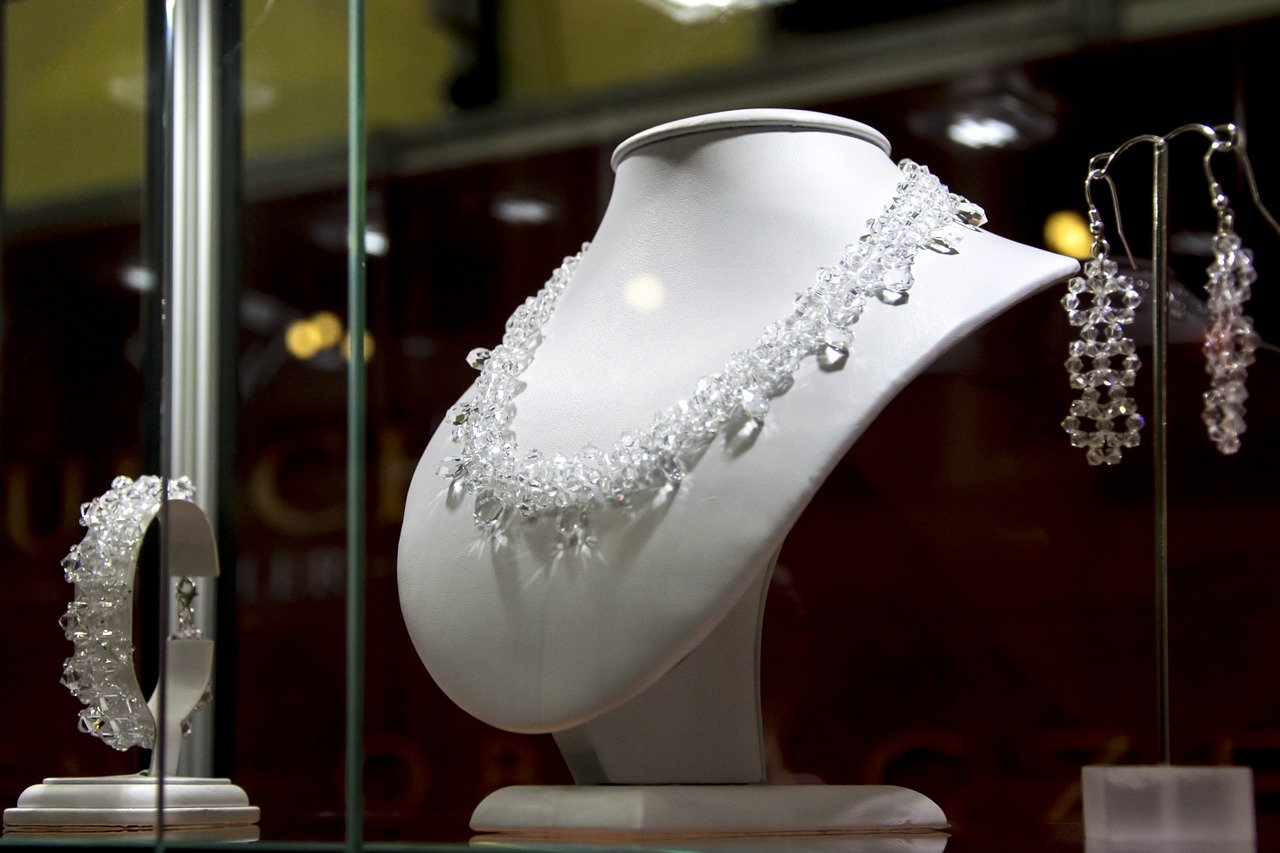
Luxury brands see high demand from Chinese shoppers in spring. As China lifts lockdowns, people resort to a trend called "revenge spending."
Revenge spending refers to the unleash of repressed demand once people are are no longer forced to stay home.
Tiffany considers China as a great potential for its jewelry business. The company reported that retail sales rose by around 30% in April and 90% in May compared to the same months last year.
This took place even if there was a decline of about 40% in Tiffany's global net sales in May.
"Our business performance in mainland China, which was the first market impacted by the virus, is indicative that a robust recovery is underway," CEO Alessandro Bogliolo said during the presentation of its company's earning on Tuesday.
Others shared the same report. Burberry announced last month that sales of its bags, clothing, and accessories in China were "already ahead of the prior year, and continuing to show an improving trend."
Moreover, Swiss jewelry and watchmaker Richemont has highlighted China as a bright spot in recent weeks. It identified "strong demand" in a results announcement last month since its 462 boutiques in the country resumed operations.
"The data indicates that China is in recovery mode," Luca Solca, an analyst at Bernstein, wrote in a note published late last month.
Researchers at his company developed a "rebound index" to monitor consumer confidence, which reveals that sentiment among Chinese shoppers rose significantly through May.
Fast, responsive customers
China is seen as a potential market where luxury retailers could detect a turnaround this year, according to Claudia D'Arpizio, a partner at consulting firm Bain.
"It's actually been very, very positive," Edgardo Osorio, founder of Italian shoe brand Aquazzura, told CNN Business. "China has always been, but is especially now more than ever, one of the most fast, [responsive] customers."
Chinese consumers may be purchasing more goods at home because they are not able to travel as easily. Analysts mentioned that two-thirds of sales from Chinese shoppers usually take place outside China.
"Instead of going on holiday, they might buy a Chanel bag," said Fflur Roberts, head of luxury goods research at Euromonitor. He also said that an increase in spending is also felt in other countries, including South Korea. "We are seeing signs of the market returning to a certain extent."
Some shoppers may also be manifesting "a psychological effect — of coming back to normal life," noted D'Arpizio.
Bain suggests that for luxury brands, the interest from Chinese shoppers is crucial because they account for 35% of the industry's sales worldwide. The consultancy's analysis shows the number could increase by 50% five years from now.
Luxury shopping
However, not every scene is as good as the increase in demand from Chinese shoppers. Some customers stick to essential purchases or unbranded goods.
According to Bain, global sales of luxury items could fall by as much as 35% this year. The expected revenue is 180 billion to 220 billion euros (around $204 billion to $250 billion), compared to the estimated 281 billion euros ($319 billion) taken in last year.
LVMH announced that its board would evaluate its pending $16.2 billion acquisition of Tiffany in the light of the pandemic.
"Coronavirus is forcing companies to rethink almost every business model," Roberts said.
The trend of "revenge spending" may not also last. "We see this as a sort of temporary effect," added D'Arpizio.






